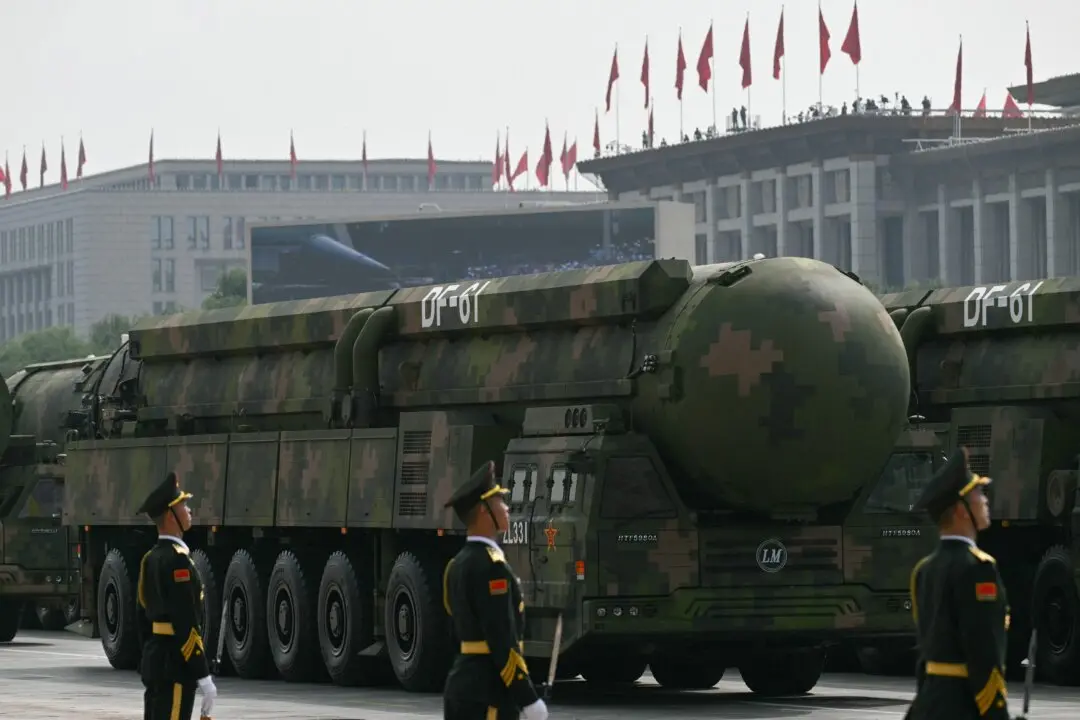A pair of U.S. lawmakers have called on the Biden administration to begin gradually lowering sanctions against Syria, after former president Bashar al-Assad lost power and fled the country on Dec. 8.
In a Dec. 10 letter to Secretary of State Antony Blinken, Treasury Secretary Janet Yellen, and White House national security adviser Jake Sullivan, Reps. Joe Wilson (R-S.C.) and Brendan Boyle (D-Pa.) said U.S. sanctions were instrumental in breaking Assad’s hold on power, but should now be cut back.





